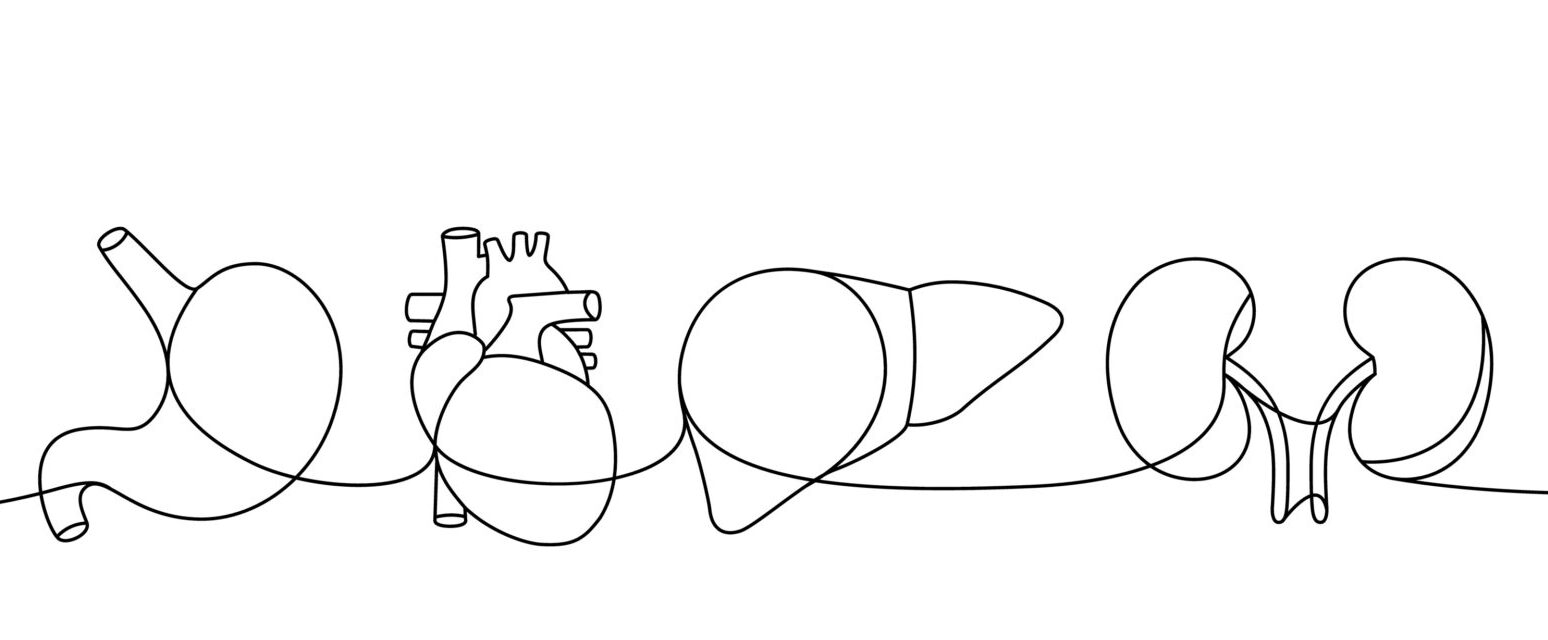Organ Transplantation: An Ethically Efficient Future – Part 1
Posted on 16th January 2024 by Madhura Joshi

This blog is the first in a series of 3 blogs, exploring the policy decisions of three different countries in respect to organ transplantation.
Why is it important that we discuss this topic?
Organ transplantation is a risky procedure that is lifesaving for individuals suffering from end-stage organ failure. An organ transplant also turns out to be a cost-effective decision for most patients undergoing expensive, recurring treatments like dialysis. Organs like lungs and hearts are transplanted via the organs donated by deceased donors, and organs like kidney and liver can be transplanted either via cadaveric donations or via donations from living donors. While there is an acute shortage of living and deceased organ donors, the demand for donated organs is ever-increasing. Scientific evidence has also predicted faster ageing of organs after COVID-19 infection which will further increase this demand.
This acute shortage of donated organs has led to the creation of parallel means for obtaining organs which counter the legal processes. This parallel organ trade results in the exploitation of those who possess organs but need money by those who usually have money but are in a dire need of organs. This process is often facilitated by middlemen who act as agents for matching the ‘recipients’ (or buyers) with the ‘donors’ (or sellers). Organs are also ‘trafficked’- that is, harvested against the consent of a person and sold off to a recipient. An organ, upon getting harvested from the donor’s body, must be transplanted inside the recipient’s body as soon as possible. Doing so ensures that the newly transplanted organ functions well in the recipient’s body throughout its expected lifespan.
These instances of ethical violations and lack of efficiency are prevalent throughout the world. Different nations have taken varied measures to regulate the procedure of transplanting organs, and have reported varied results.
The three ‘case studies’
This blog series will consist of three blogs and will consider three nations – India, Spain and Iran, due to the varied nature of their policy responses. I will compare and contrast these policies and highlight the various technological and policy instruments that have been developed so far to promote ethical and efficient organ transplantation. Here’s a brief overview of the organ transplantation policies in India, Spain and Iran:
- India: Organ transplantation in India is regulated by the Transplantation of Human Organs Act, 1994 (THOA, 1994) and the Transplantation of Human Organs Rules, 2014 (THOR, 2014) which has established a national network for procuring and coordinating organ transplants in the country. India follows an ‘opt-in’ system where individuals are not considered donors unless they specifically opt in and register themselves as donors.
- Iran: Iran’s organ transplantation system comprises regulated organ sales where an individual can sell a kidney to a person in need at the prices set by the government via the process regulated by the government. This rather unique system of transplanting organs is handled by the Iranian Kidney Patient’s Foundation. Iran also facilitates altruistic cadaveric donations for transplanting organs like lungs, hearts and so on.
- Spain: Spain follows a system of ‘presumed consent’ which presumes individuals as donors unless they specifically opt out or their kin decides against donating the organs of their deceased relative. Spain’s system has been greatly successful in increasing the number of donations and reducing the waiting times for transplants. Organ transplants in Spain are coordinated centrally by its National Transplant Organisation (ONT).
Coming up in Part 2…
It is important to analyse these contrasting policies for improving the global organ transplant policies and to address the concerns of organ shortages, organ trafficking and other related issues that have globally pestered the patients and public health infrastructure alike since long. The next blog in this series talks in detail about the relevant health policy structures in these countries and elaborates on the problems that are faced by these existing systems while narrating the ‘Spanish success-story’!
Click on this link to read Part 2.



No Comments on Organ Transplantation: An Ethically Efficient Future – Part 1
Absolutely worthy read!!
16th January 2024 at 3:41 pm